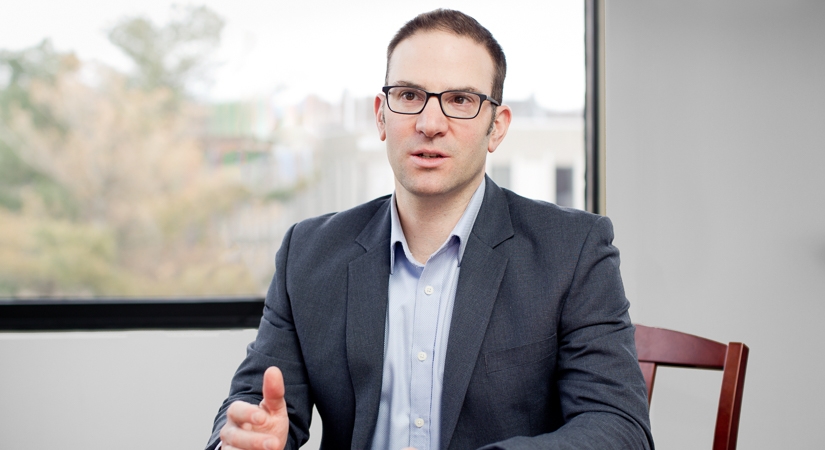CCS: The Path Ahead
Earlier this year, Principal Brook Detterman (Boston) and Associate Jonas Reagan (Washington, DC) authored an article on carbon capture and sequestration (CCS) for the American Bar Association's Natural Resources & Environment publication.
Carbon capture and sequestration (CCS) refers to the slate of technologies that remove carbon dioxide (CO2) from the emissions of point sources or the atmosphere, transport it, and permanently store it deep underground. Though CCS is already a mature technology in oil and gas for enhanced oil recovery operations, the United Nations’ Intergovernmental Panel on Climate Change recently re-identified CCS as critical to reaching net-zero global emissions by 2050. A 2020 Princeton study found that to even have a shot at achieving net-zero by 2050, the United States would need to scale up more than a thousand carbon capture facilities nationwide, with associated infrastructure to sequester at least one billion tons of CO2 per year. To put this in perspective, in 2020, the United States only captured around 25 million tons from 13 commercial-scale facilities.
Since 2020, Congress has taken several actions to revamp tax incentives, including expanding and enhancing available tax incentives under the Inflation Reduction Act of 2022 (IRA), to help developers and investors implement CCS projects. While the full impact of the IRA has yet to be seen, prior similar congressional action led to an influx of new proposals to build out current CCS capacity. However, significant regulatory hurdles remain toward effective scaling of sequestration efforts across the country.
Click here to read the full article.
Published in Natural Resources & Environment Volume 37, Number 3, Winter 2023. © 2023 by the American Bar Association or the copyright holder. Reproduced with permission. All rights reserved. This information or any portion thereof may not be copied or disseminated in any form or by any means or stored in an electronic database or retrieval system without the express written consent of the American Bar Association.









